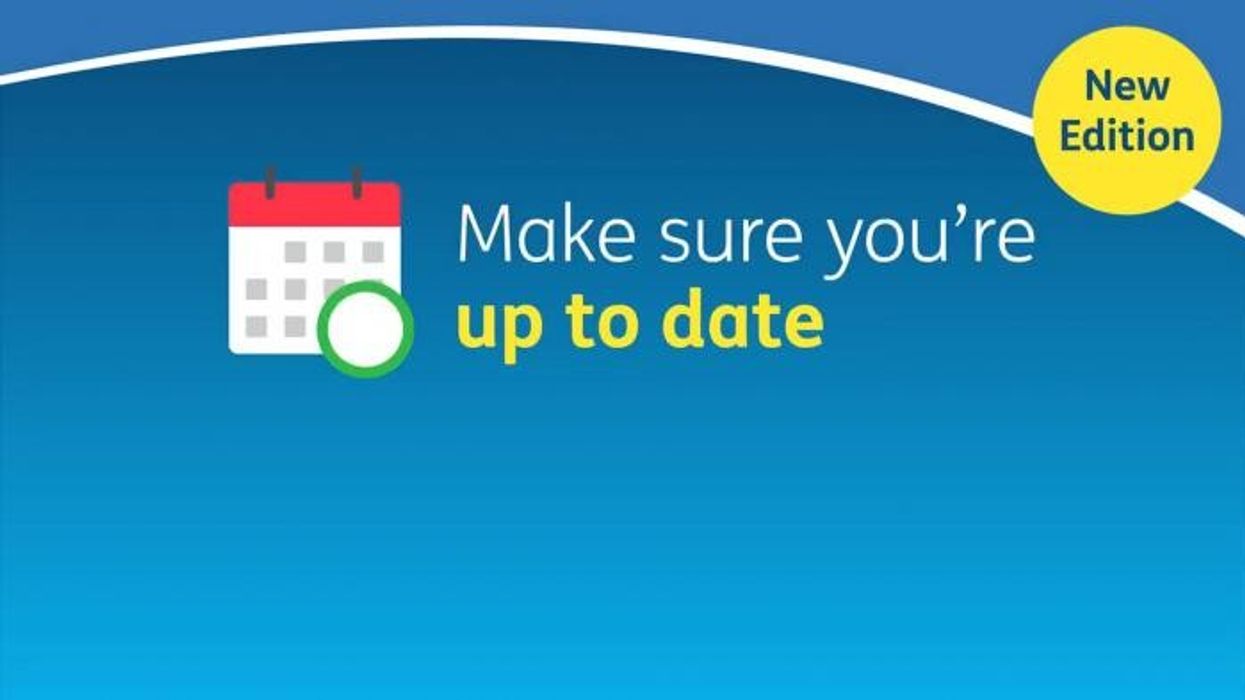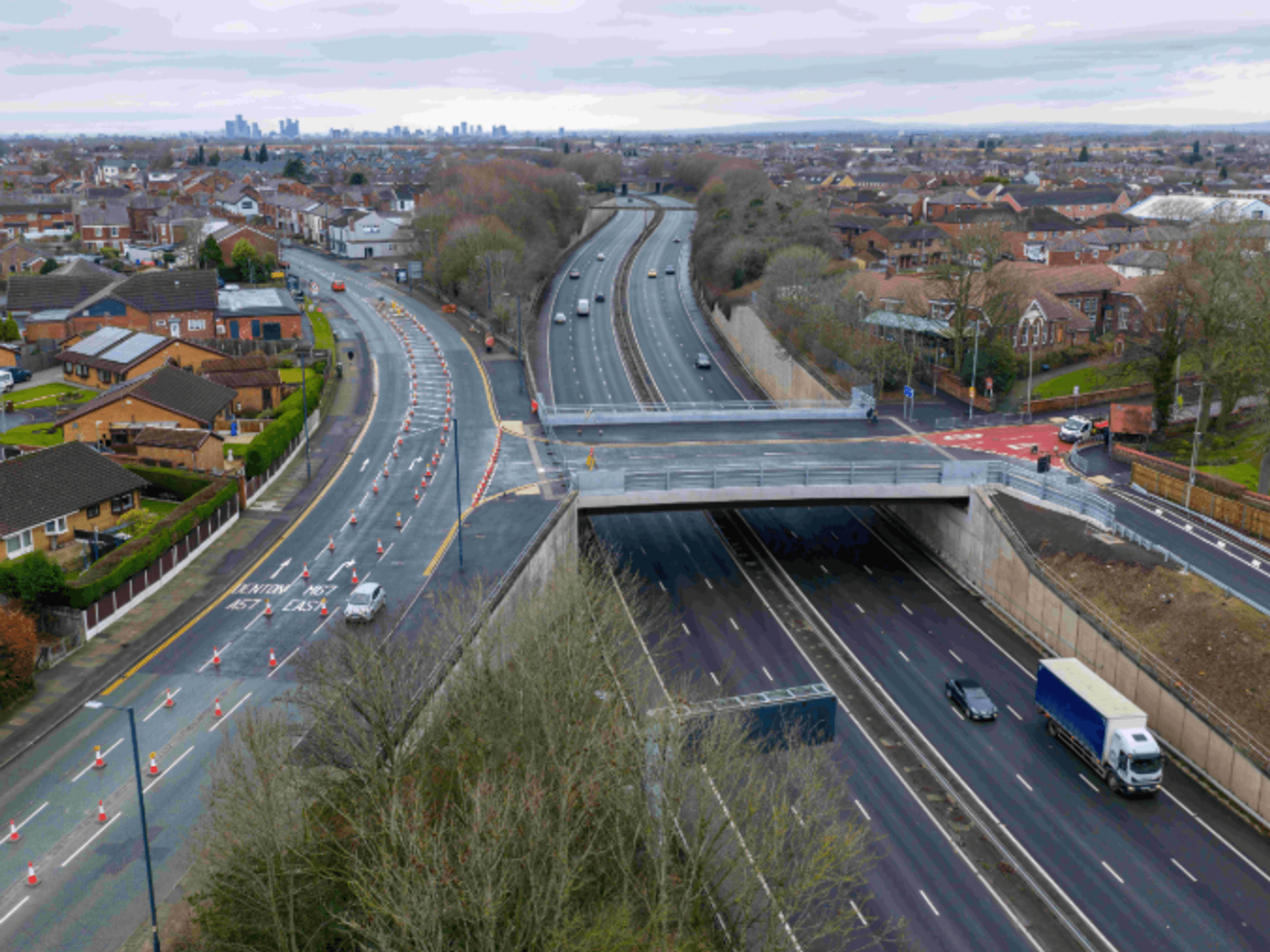DVSA issues warning to drivers as millions face driving bans and prison sentences for breaking Highway Code

The agency warned that certain rules in the Highway Code are legal requirements to follow
Don't Miss
Most Read
Latest
The DVSA has warned motorists that they could be slapped with criminal prosecution and hefty penalties for breaking Highway Code rules.
The warning follows a social media post by the agency, which stated that numerous Highway Code rules carry legal force, with drivers facing prosecution if these mandatory rules are violated.
The agency urged drivers to follow rules or could risk receiving penalty points on their driving licences, substantial fines, driving disqualifications or even custodial sentences for serious breaches.
**ARE YOU READING THIS ON OUR APP? DOWNLOAD NOW FOR THE BEST GB NEWS EXPERIENCE**
The warning forms part of the DVSA's "Stay Safe. Drive Smart" campaign, aimed at improving road safety awareness among British motorists
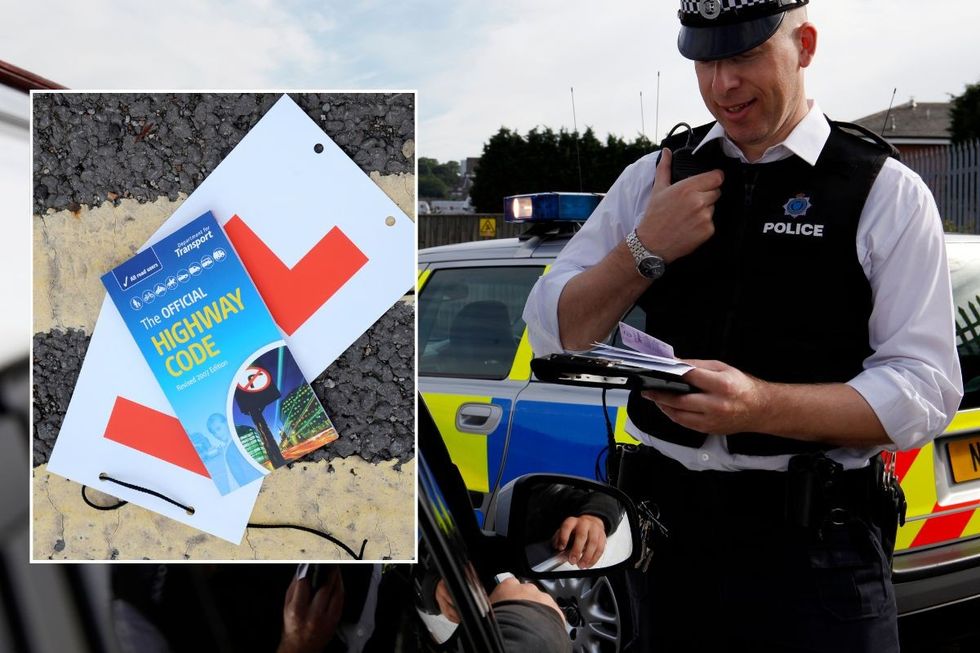
The Highway Code contains legal obligations for drivers to follow
| PA/GETTYThe agency shared on X: "Some Highway Codes are legal requirements. If they're broken, you risk facing fines, penalty points, bans or even prison. Look out for must/must not or should/should not:
"Must/must not rules = The law. Should/should not = Can be used in court. Stay Safe. Drive Smart. Either way, driving safely should always be your priority before setting off on your journey. That way, we can keep Britain's roads moving safer for everyone."
The Highway Code distinguishes between two types of guidance through specific work that carries different legal weights.
Regulations containing the words "must" or "must not" represent legal requirements, meaning motorists who fail to follow these instructions are effectively breaking the law and committing criminal offences.
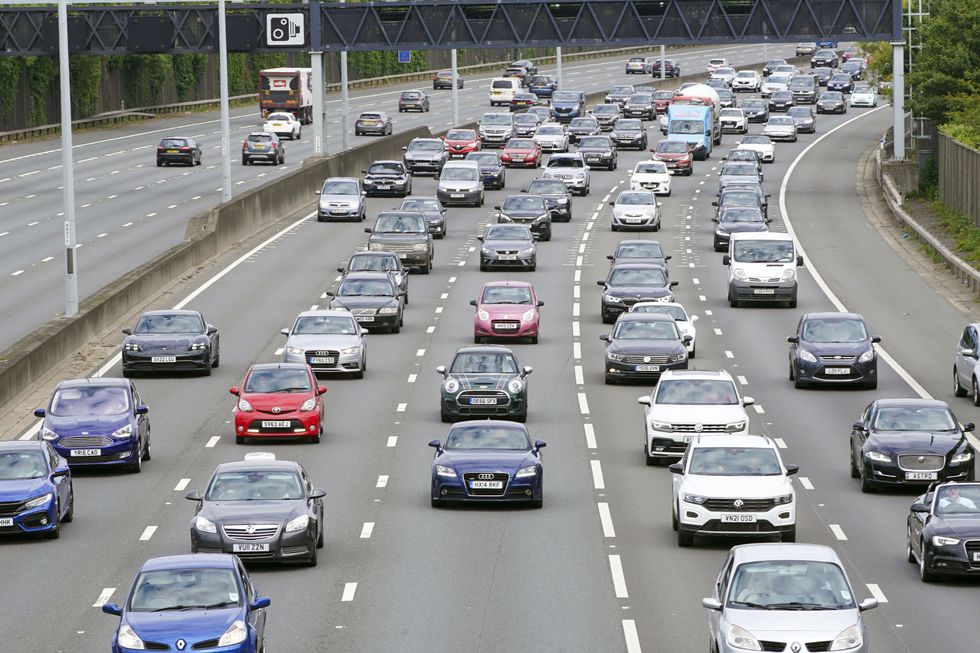
Drivers have been warned to note the differences between 'must' and 'should' in the Highway Code
| PAThese mandatory provisions have been backed by legislation, with drivers urged to read the code thoroughly as references to the relevant laws are included alongside each rule.
In contrast, rules using the phrase "should" or "should not" can be considered advisory guidance rather than legal obligations.
However, motorists cannot assume this means they do not need to obey these rules, as courts may reference the code violation during court hearings.
This distinction means that while only "must/must not" rules can directly trigger criminal prosecution, failure to follow "should/should not" guidance can still have legal ramifications.
LATEST DEVELOPMENTS:
Under rule 144 of the code, dangerous driving can attract potential life imprisonment and unlimited fines when resulting in fatalities.
Meanwhile, using handheld mobile devices while driving carries a £1,000 fine and breaches rule 149 of the code, but this can increase to £2,500 for lorries and six penalty points.
Speeding offences, which come under rules 124 to 126, can see drivers hit with fines up to £1,000, rising to £2,500 if the breach happened along the motorway, with drivers also given three to six penalty points and potential driving bans.
Driving without valid car insurance can result in unlimited fines and six to eight penalty points, while driving without a valid MOT certificate attracts £1,000 penalties.
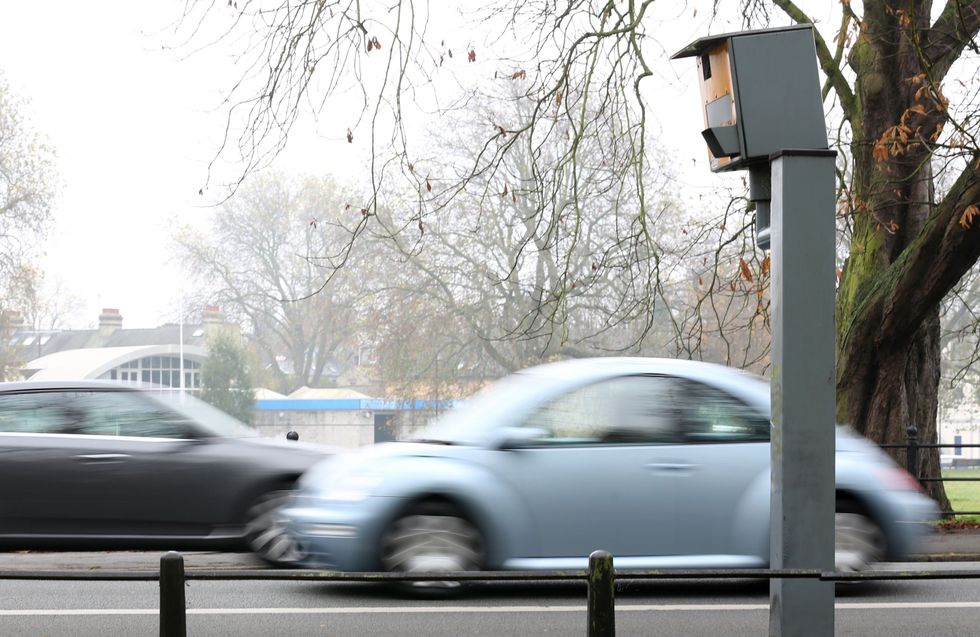
Drivers can be fined for speeding, which breaks rules 124 to 126 of the Highway Code
| PATraffic light violations are detailed under rule 175 and carry £1,000 fines and three penalty points, with courts given discretionary powers to disqualify offenders.
Even seemingly minor infractions like seatbelt offences incur £500 fines under rules 99 to 102, demonstrating the comprehensive nature of enforceable regulations.
A spokesman for BigWantsYourCar.com said: "While the Highway Code is not law in itself, many of its rules are backed by legislation. If a rule includes the words 'MUST' or 'MUST NOT', it means there is a legal requirement behind it. Breaking those rules can result in prosecution, fines, penalty points or disqualification.
"The message is simple, be patient, drive slowly and always leave plenty of space. A few extra seconds could prevent an accident and protect you from points on your licence or a fine."


